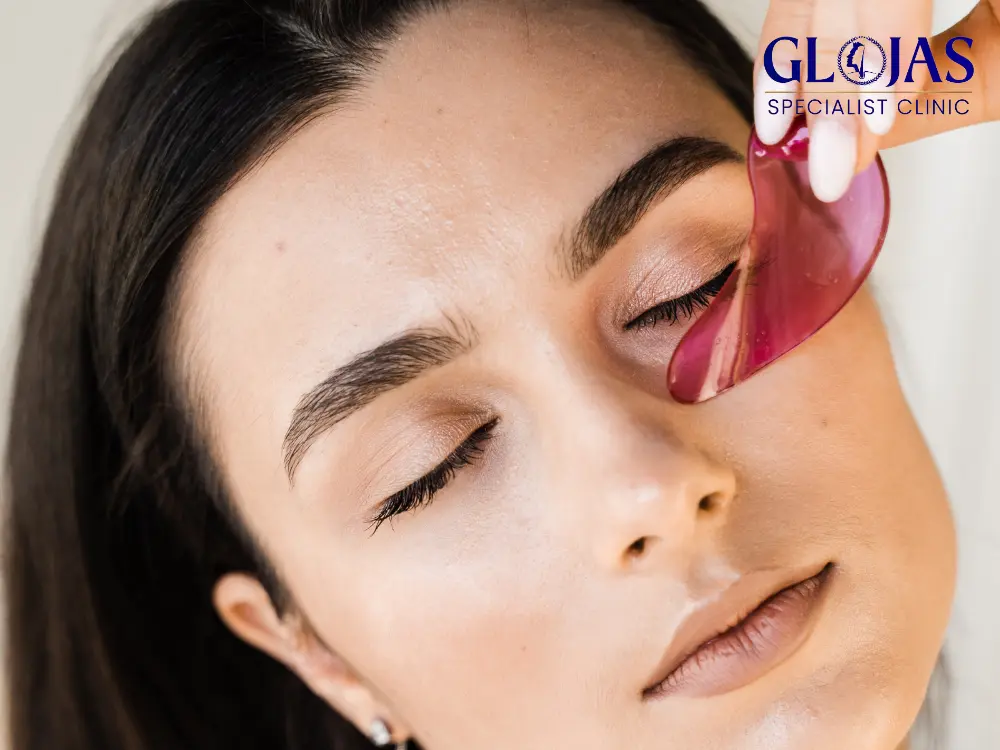Gynecomastia, often colloquially referred to as “man boobs” or male breast enlargement, is a condition that can cause distress and embarrassment for those who experience it. In this blog, we will explore the various factors that can lead to gynecomastia, its common symptoms, and available treatment options, including gynecomastia surgery and reduction techniques provided by a gynecomastia specialist.
What is Gynecomastia?
Gynecomastia is a medical condition characterized by the enlargement of male breast tissue. It can affect one or both breasts and may result in a noticeable increase in breast size. This condition is relatively common and can occur at any age.
Gynecomastia Causes
Understanding the causes of gynecomastia is crucial for addressing the condition effectively. Here are some key factors that can contribute to the development of gynecomastia:
- Hormonal Imbalance: Hormonal changes in the body can disrupt the balance between estrogen (female hormone) and testosterone (male hormone), leading to breast tissue enlargement. This hormonal imbalance can occur during puberty, aging, or as a result of certain medical conditions.
- Medications: Some medications, such as anti-androgens, anabolic steroids, and certain antidepressants, can trigger gynecomastia as a side effect. It is essential to consult a healthcare professional if you suspect your medication is causing breast enlargement.
- Health Conditions: Medical conditions like hypogonadism (a condition where the body doesn’t produce enough testosterone), liver disease, and kidney failure can increase the risk of gynecomastia.
Substance Abuse: The use of recreational drugs, including marijuana, alcohol, and amphetamines, can contribute to gynecomastia.
- Hereditary Factors: Some individuals may be genetically predisposed to gynecomastia, meaning they have a family history of the condition.
Gynecomastia Symptoms
Recognizing the symptoms of gynecomastia is essential for early diagnosis and intervention. Common symptoms include:
- Breast Enlargement: The primary symptom is the noticeable enlargement of male breast tissue.
- Breast Tenderness: Gynecomastia can be accompanied by breast tenderness or sensitivity.
- Puffy Nipples: Some individuals with gynecomastia may develop puffy or swollen nipples.
- Asymmetry: In some cases, one breast may be more affected than the other, leading to breast asymmetry.
Gynecomastia Treatment
The treatment approach for gynecomastia depends on its underlying cause and severity. Here are some common treatment options:
- Lifestyle Changes: For cases related to lifestyle factors such as drug or alcohol use, addressing the root cause by quitting or reducing substance use may help resolve gynecomastia.
- Medication: In some instances, your healthcare provider may prescribe medication to address hormonal imbalances contributing to gynecomastia.
- Surgery: Gynecomastia surgery, also known as male breast reduction surgery, is often recommended for cases where lifestyle changes and medication have not yielded satisfactory results. During the procedure, excess breast tissue is removed to achieve a flatter, more masculine chest contour. Consultation with a gynecomastia specialist is crucial to determine if surgery is the right option for you.
- Exercise and Diet: Regular exercise and a healthy diet can help reduce overall body fat, which may contribute to gynecomastia reduction.
- Compression Garments: Wearing compression garments can help flatten the chest and reduce the appearance of gynecomastia, particularly in cases where surgery is not desired or feasible.
In conclusion, gynecomastia, or male breast enlargement, can result from a variety of causes, including hormonal imbalances, medications, health conditions, and substance abuse. Recognizing the symptoms and seeking appropriate treatment is essential for individuals affected by this condition. Whether through lifestyle changes, medication, or surgery provided by a gynecomastia specialist, there are effective ways to address gynecomastia and regain confidence in one’s appearance. If you suspect you have gynecomastia, consult a healthcare professional for a proper evaluation and personalized treatment plan.
Click the link to learn more about Gynecomastia: Is Gynecomastia a Safe Procedure
At Glojas, we welcome clients to reach out to us directly to schedule a free initial consultation. We offer guidance and valuable insights on how best to address your specific challenges. Let us assist you in navigating your journey with confidence and clarity.










